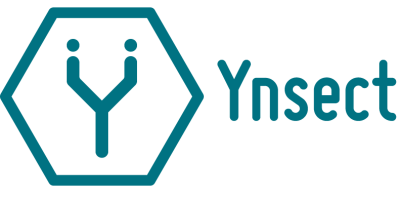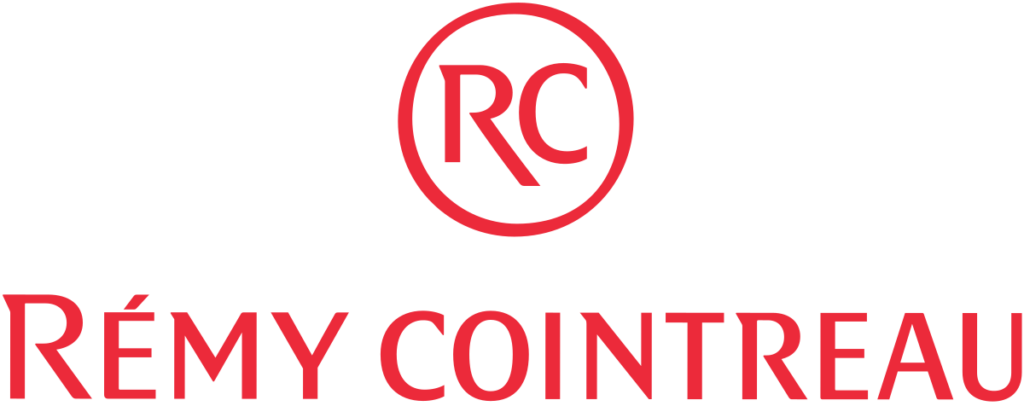Using a metrics-based approach to embed sustainability into Ynsect Business Strategy

With Quantis, Ÿnsect is adopting a prospective metric-based approach, creating the foundation for a resilient environmental and business strategy.

Challenge
Ÿnsect, a French ag-tech innovator specialized in breeding insects, is on a mission to create a sustainable food system that meets the rising demands of global protein consumption while preserving resources and biodiversity, and tackling climate change.
Since 2015, Ÿnsect has partnered with Quantis to develop robust environmental metrics that the company can leverage to embed environmental KPIs into its business, demonstrate the positive impact of its products, and support its ambition to become a world leader in alternative protein.
Insights
An estimated 28% of global greenhouse gas emissions are attributed to the global food system, with agriculture and land-use change responsible for approximately 87% of these emissions. Transformation of the food system, through bold action and disruptive solutions, is the strongest lever we have to cap global temperature change to 1.5˚C by 2030.
To drive meaningful improvement and bring about the level of change that’s necessary, these actions and solutions must be guided by robust environmental metrics that assess the full agri-food value chain. This includes accounting for the impacts and benefits (such as carbon sequestration) of agricultural and land-management practices.
Actions
First, to understand where the company currently stands in relation to its sustainability strategy and to identify any areas of improvement, Quantis performed:
- LCAs of Ÿnsect’s insect proteins to influence its eco-design decisions and act on key areas of the value chain
- Comparative LCA of animal vs. insect proteins
- Consequential LCA to check that there are no unintended negative impacts of introducing insects to the market
To help Ÿnsect drive continuous improvement of its processes + products and keep on-mission as it scales, Quantis contributed to develop a cutting-edge tool that the ag-tech innovator can use to continuously monitor its corporate footprint, inform its eco-design process, etc.
Impact
In addition to finding that Ÿnsect’s solution provides a benefit for the environment, Quantis’ assessment revealed that the largest driver of Ÿnsect’s impact is related to its factories and its key ingredients and energy consumption. Additionally, biodiversity, rather than water which is a typical indicator for the food sector, was found to be a key challenge the company will need to address.
With the insights from the study, Quantis provided recommendations for improving the company’s energy mix and developing a sustainable purchasing charter to address its impacts linked to its insect feed. Ÿnsect also launched an insetting program focused on sustainable forest management and financing biodiversity preservation projects.
Learnings
Eco-design LCA is a critical tool that enables Ynsect to continuously lower its impacts, while consequential LCA allows investors to verify that the company is moving in the right direction with no rebound effects. A consequential approach is likely to be important for investors and customers in the future, allowing them to anticipate the evolution of market trends.
Next Steps
With sustainability already embedded into the core of its business strategy, Ÿnsect will continue to work on improving the efficiency of its operations and ensuring its rapid expansion aligns with its sustainability goals.
Areas of expertise
Sector
Project Manager

Edith Martin
Senior Sustainability Consultant
“At Ÿnsect, sustainability is written in our DNA. We want to propose a solution that has a lasting positive impact on society and the environment. This is what drove us to work with Quantis to embed environmental KPIs into our business and demonstrate the positive impact of Ÿnsect products. These metrics were critical to expand Ÿnsect’s Series C fundraising beyond initial target, one of the biggest ag-tech deals in history."
Antoine Hubert, CEO
Ÿnsect
Latest case studies

Case Study
Pharma Company
Quantis supported a global pharmaceuticals company in understanding its impacts and dependencies on nature, assessing the related risks and opportunities, and evaluating the need for an overarching biodiversity strategy.

Case Study
FASHION LEAP FOR CLIMATE:
Fashion e-retailers ABOUT YOU, ZALANDO and YOOX NET-A-PORTER partnered with Quantis to develop an industry-led initiative and online learning platform to help fashion brands set science-based targets (SBTs) and accelerate industry climate action.

Case Study
Rémy Cointreau
Quantis helped Rémy Cointreau set, submit and validate its overall SBT short- and long-term target, including FLAG emission and removal targets and a Net Zero commitment.
